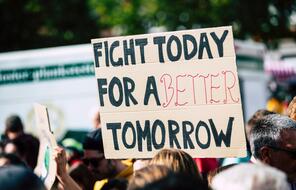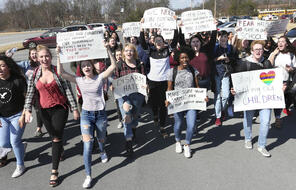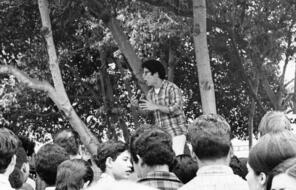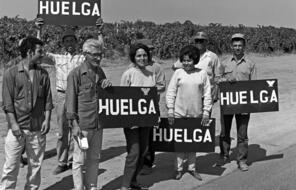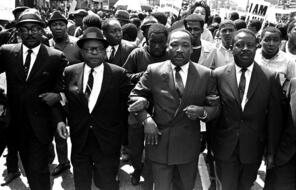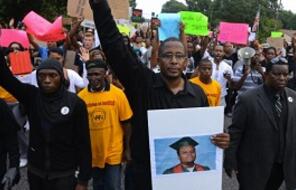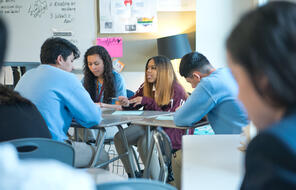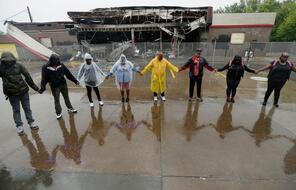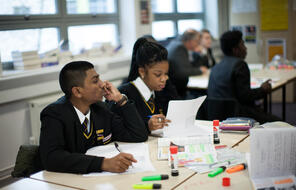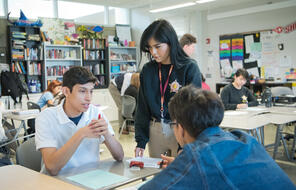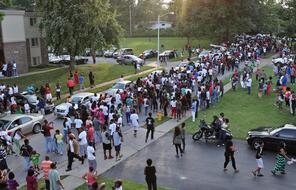Centering the Humanity of Others While Taking Action
At a Glance
Language
English — USSubject
- Social Studies
- Democracy & Civic Engagement
Reading news about global issues like war and violence can be overwhelming, and it is not always clear what actions individuals can take to make a difference. We don’t need to take action related to every global event, but when we do decide to act, we should ensure that our actions center the humanity of others.
Arthur Brooks is a researcher who focuses on the science behind happiness and wellbeing. In his Atlantic article Choose the Activism That Won’t Make You Miserable, he writes that while engaging in activism, such as protest, can be important, it also presents psychological challenges:
. . . It can provoke anger and hatred towards others, and create a win-lose mentality that leads to disappointment.
The right conclusion is not to become apathetic about the world’s ills to protect one’s mental health and well-being. It is to change one’s perspective about how to help alleviate those ills. 1
Brooks goes on to write:
A compromise might be available through minimizing activism’s most psychologically harmful elements: hatred and defeat. A shift in perspective—from winning to helping—can address both problems. This could mean a switch from protesting homelessness to providing services for people experiencing homelessness—for instance, by volunteering at a shelter or soup kitchen—or from marching against the president to giving people a ride to the polling station. Focus on what you can do to ameliorate [help] a situation rather than simply demonstrating your opposition to it. 2
The shift from “winning to helping” is not mutually exclusive with protesting. People can engage in a range of political actions while also ensuring they are helping others. Arthur Brooks concludes his article by writing:
I’m not arguing that people should abandon politics and lapse into apathy. But at the very least, we need to balance fighting with loving, including loving more indiscriminately. In contrast to the way activism can divide “us” from “them” and allies from adversaries, volunteering tends to expand the allies by connecting us to those who need us, regardless of their views and beliefs. And by helping the people who are right in front of us, we succeed in the goal of helping make a better world . . . 3
- 1Arthur Brooks, “Choose the Activism That Won’t Make You Miserable,” The Atlantic, May 11, 2023.
- 2Arthur Brooks, “Choose the Activism That Won’t Make You Miserable,” The Atlantic, May 11, 2023.
- 3Arthur Brooks, “Choose the Activism That Won’t Make You Miserable,” The Atlantic, May 11, 2023.

